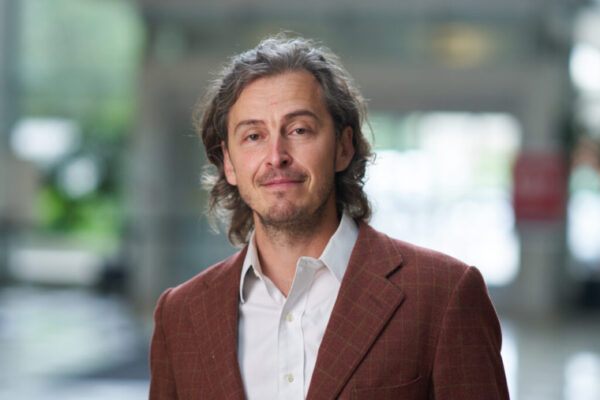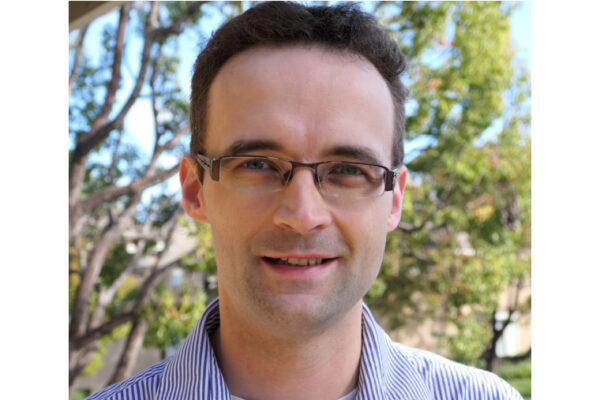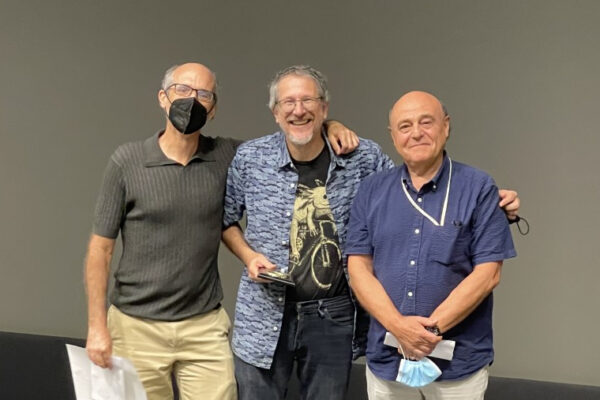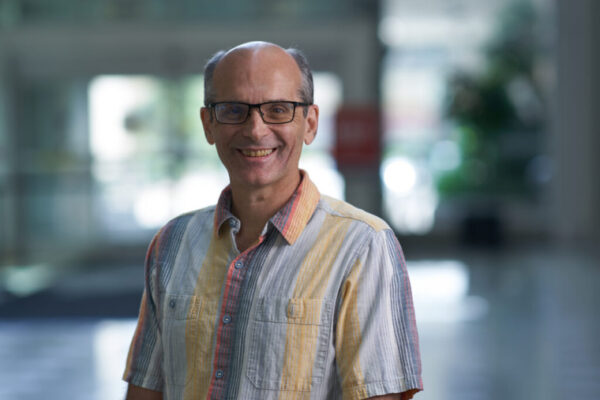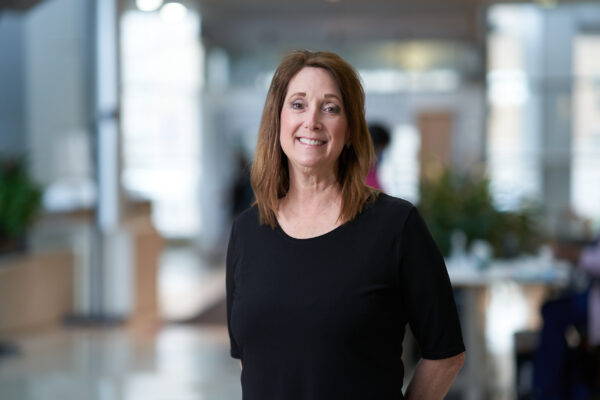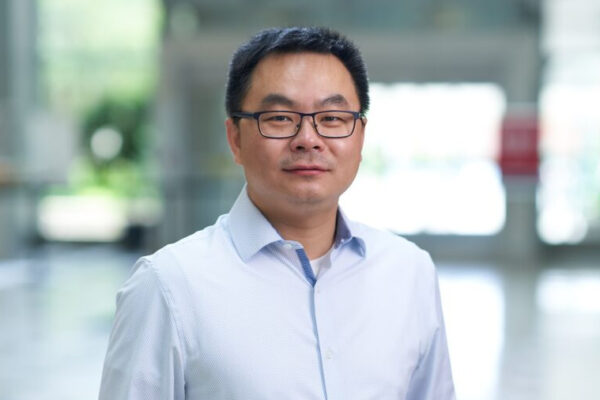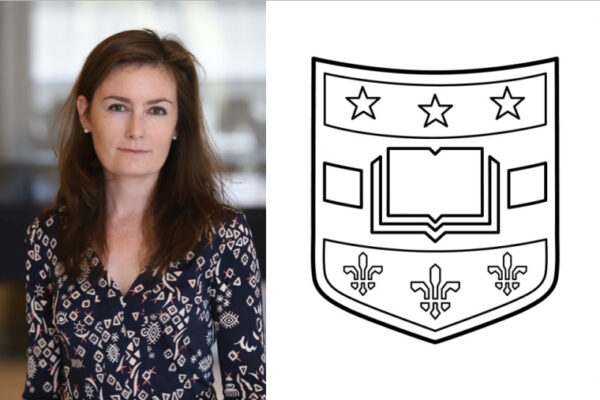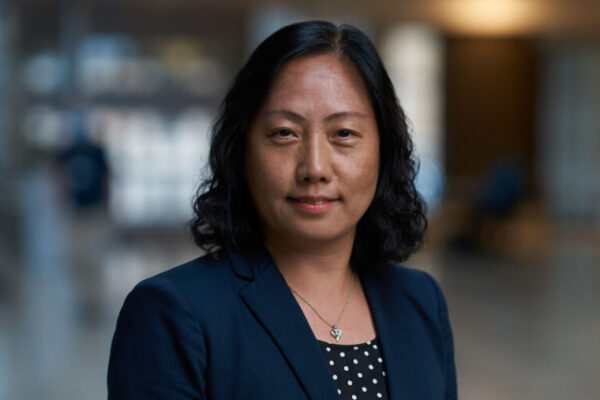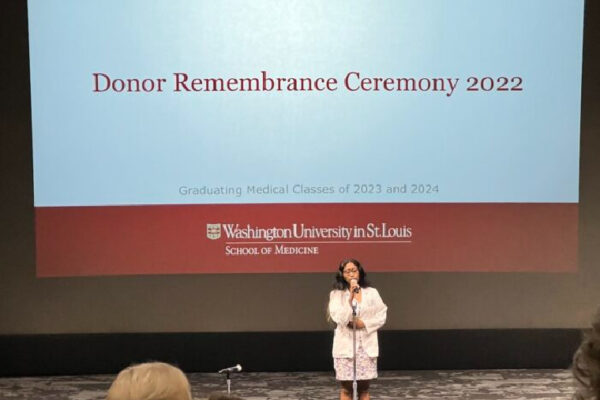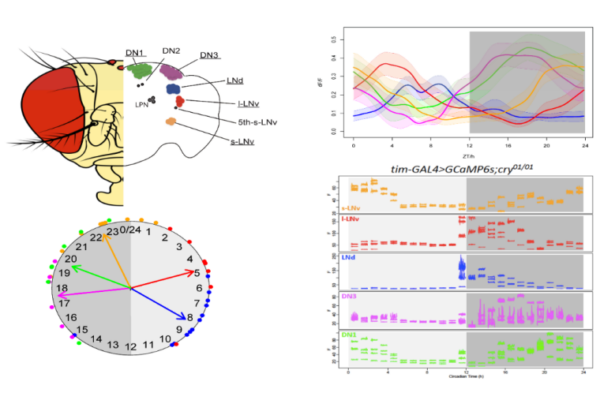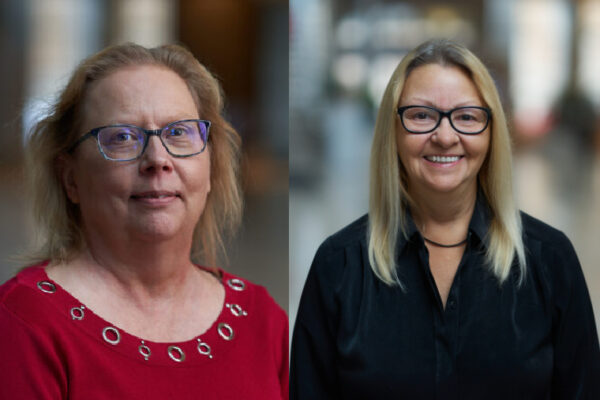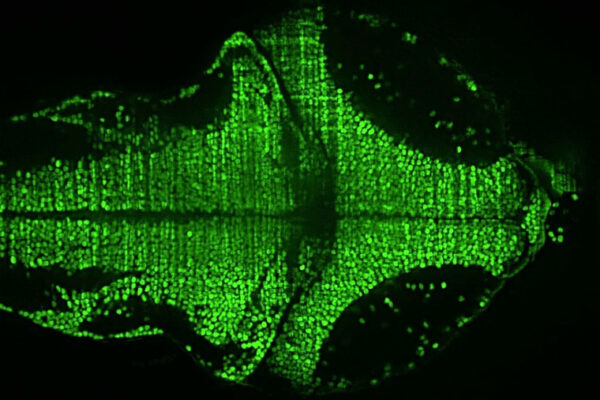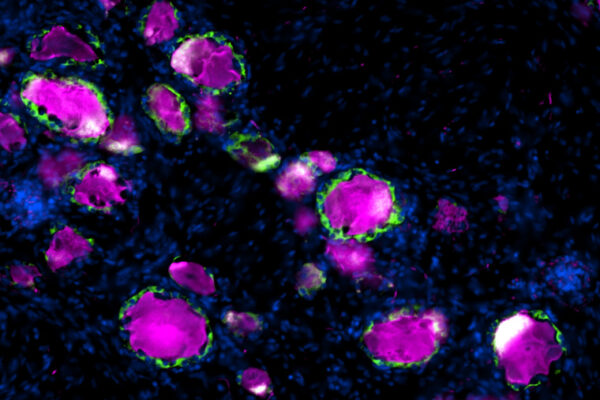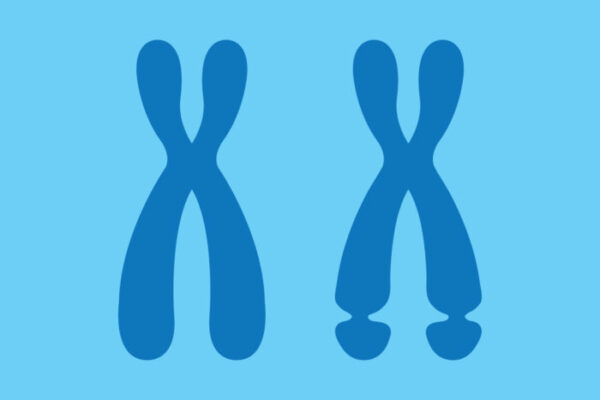Learn about the latest news and events going on in the department. You can also follow us on X @WashUMedNeuro and LinkedIn.
Ilya Monosov to lead part of new Conte Center team focused on obsessive compulsive disorder research (Links to an external site)
The collaborative effort to study OCD is funded by a $15.6 million award from the National Institute of Mental Health.
Assistant Professor Tom Franken joins the Department of Neuroscience
Franken studies sensory processing, including how visual scenes are perceived as collections of objects and background.
Professor Larry Snyder receives Excellence in Teaching award
The WashU neuroscience community honors Dr. Snyder for his outstanding education efforts over the years as an instructor, course director and PhD program director.
Timothy Holy awarded R01 grant to investigate neural mechanisms of olfaction
Holy’s research will investigate the structural features that modulate odorant receptor-ligand interactions in the vomeronasal system, which is responsible for pheromone sensing.
Ann Olendorff retires after more than 35 years in the Department of Neuroscience
Olendorff managed equipment, facilities, renovations, and day-to-day operations, working “minor miracles” to keep the Department running smoothly.
Tristan Qingyun Li receives Brain & Behavior Research Foundation grant
Li’s research will investigate the link between maternal immune activation during fetal development and the development of neurological disorders.
Neuroscience leaders tour research building construction site (Links to an external site)
The Neuroscience Research Building’s 11 stories have been framed and siding installation has begun.
Timothy Holy awarded R01 grant to investigate mouse pheromones
The project aims to answer a fundamental question in neuroscience: how do olfactory cues direct behavior?
Pest control: A profile of Laura Duvall, PhD
From circadian rhythms in Drosophila to feeding and mating in mosquito, Duvall is revealing the inner workings of insect behavior—and how to manipulate it.
ICTS pilot funding drives research on neurodegenerative diseases (Links to an external site)
The Zhao Lab is grateful for ICTS, GTAC@MGI, Knight ADRC, and the Movement Disorders Center for their generous support.
Medical students, faculty honor body donors (Links to an external site)
“This is an occasion for gratitude, immense gratitude.”
Circadian pacemaker neurons exhibit two linked calcium cycles
The slow and fast rhythms reflect distinct cellular processes yet nevertheless have a co-phasic relationship.
Tami Evans, pre-clinical business manager, retires
Evans led the Department of Neuroscience business office since 2010. Mellie Euler, special project administrator, is also retiring after 20 years in the department.
Geoffrey Goodhill receives grant to monitor every neuron in the brain during sleep and wake
In collaboration with labs from Caltech and the University of Southern California, his team will track each cell in the zebrafish brain to document the biological basis of sleep.
Study finds key similarities between rodent and human satellite glial cells
SGCs have been the subject of intense scrutiny for their involvement in inflammation, pain and nerve injury. The results confirm that rodents are a reliable model for translational research on these cells.
Protein linked to intellectual disability has complex role (Links to an external site)
Finding therapies for fragile X may depend on understanding the many ways the protein’s loss affects the brain.
Guoyan Zhao receives grant for single-cell proteomics in the human brain
Zhao, an assistant professor in the Department of Neuroscience, will apply imaging mass cytometry technology to analyze tissue samples from Alzheimer’s patients.
Serendipity unites physicians, researchers, families to fight rare genetic disease in kids (Links to an external site)
Groundbreaking cancer research helps shed light on recently identified disorder, Tatton Brown Rahman Syndrome.
